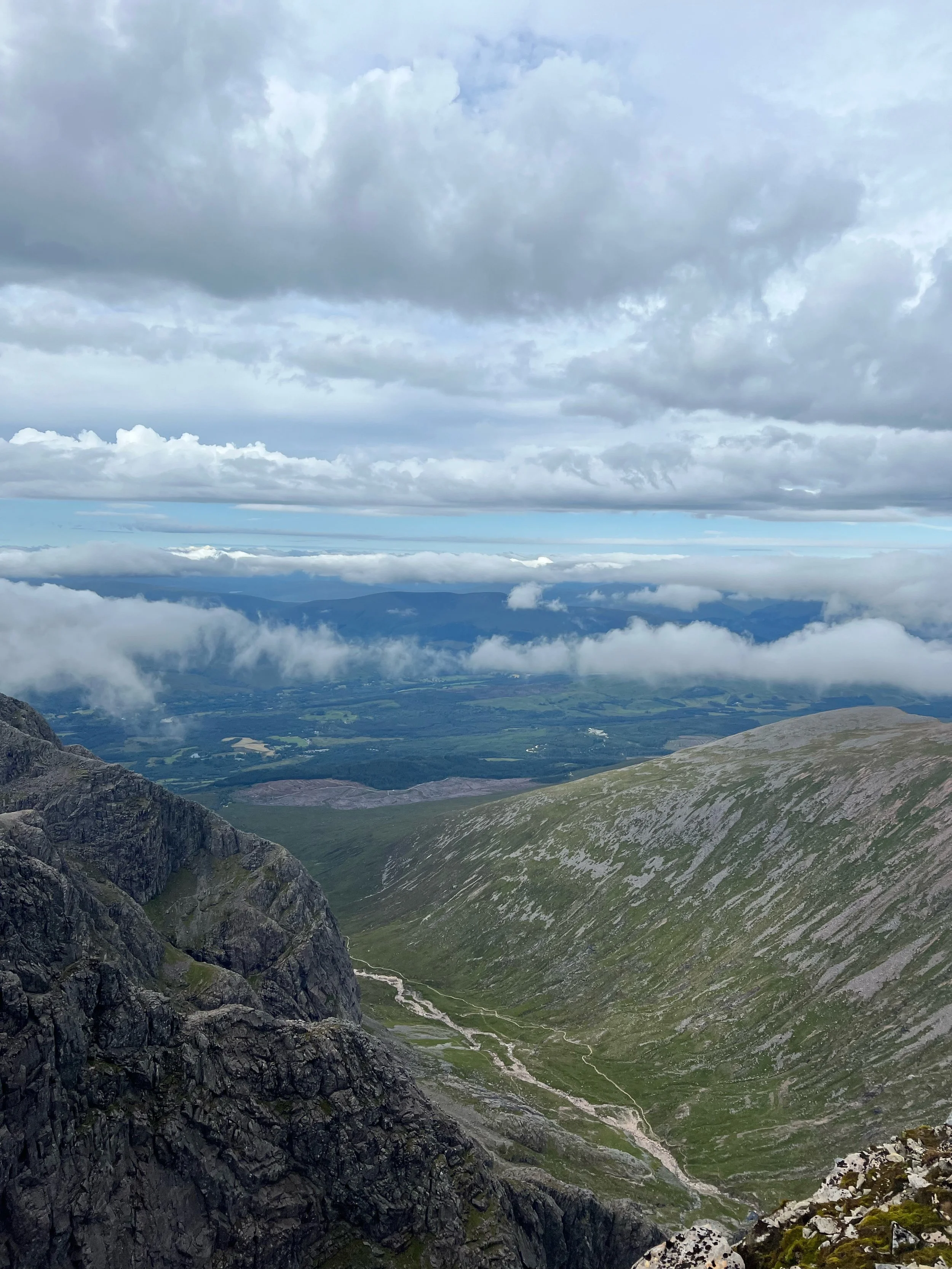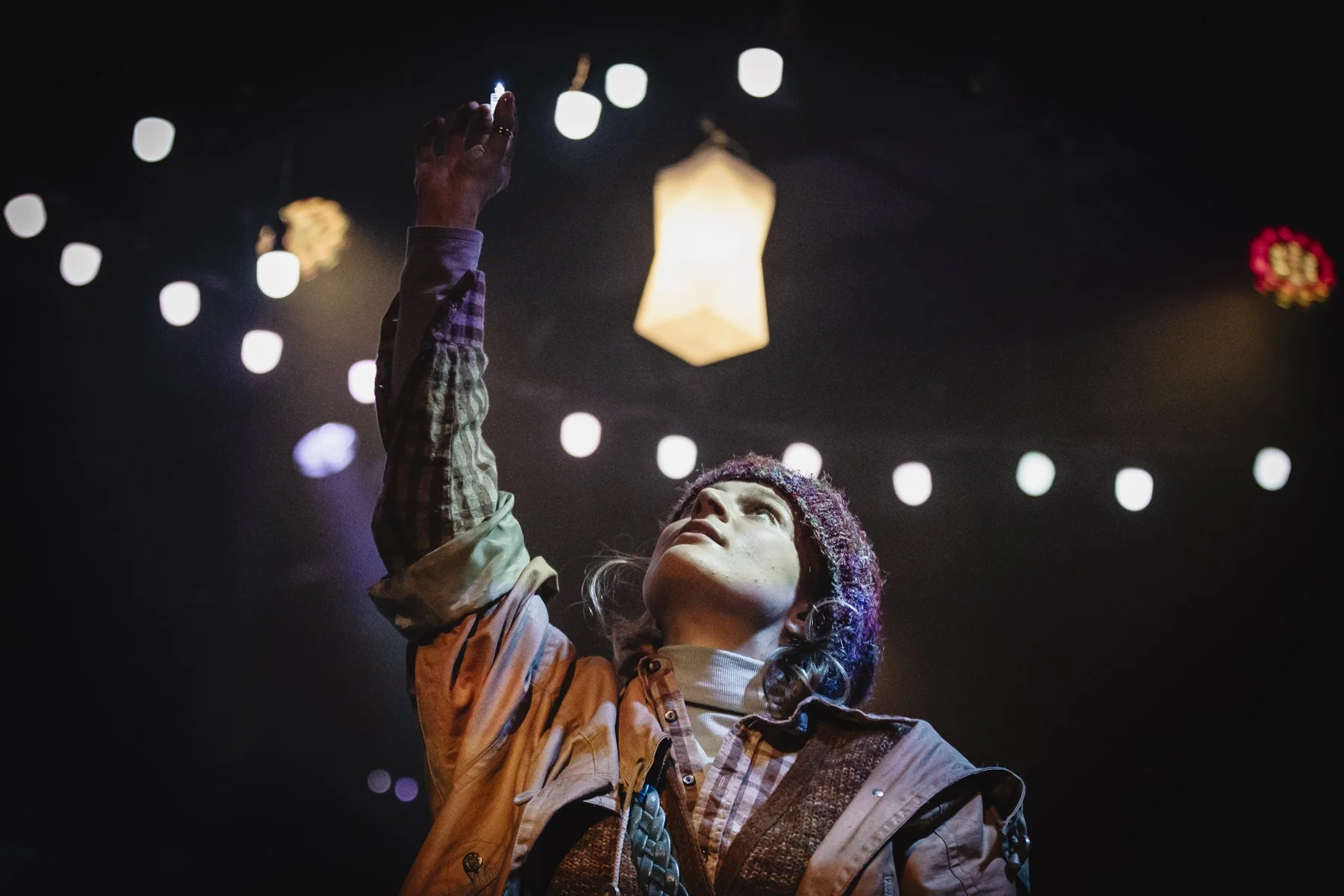The Dark Side of Systemic Racism in Housing: Susan's Story
Growing up in London during the 70s, the world appeared so innocent, the complexities, the poison of what would later be filtered through the hearts and minds of the world. I was in my element.
Here I was, aged 3, born in the most loving nurturing home, where the perils of what my family had to endure at work by their white co-workers and bosses were unspoken. Every night as they arrived exhausted with the day’s events, eyes bloodshot red from all the crying was enough for me to know what was going on.
Racism was not spoken of as they tried to protect us from the peril that was left to be discovered. It wasn't until I was 6, that I experienced my first taste of racism at school, it was subtle, but one could feel the sense of feeling unwelcome - that I was different. We were extremely poor, so I was privy to free school meals.
I moved to Greater Manchester at a late age of 26 and ventured into University - I was the first in my family to go to university and achieve a Bachelor’s Degree. I was given the same opportunity as others with maybe a few minor setbacks - like anything else in life. I graduated with an honours degree and later Masters in Law and Business, and the world became my oyster and landed myself a prestigious job role.
The area where I lived in Farnworth had a very small percentage of people from ethnic backgrounds. I moved into a two-bedroom semi-detached house. I remember meeting one of my new neighbours who made a point to introduce herself to me. Her name was Lisa, a 38-year-old white woman, married with a young 7-year-old boy. On our first encounter, she thought it best to fill me in about a comment her son had made about me:
"My son told me that a black woman was going to move in, but he never called you black," she said, " but another word that means black and I said to him, at least it is not a paki, They will stink my place out." The conversation continued; she was very passive-aggressive - her negative energy was not something I needed in my home, and indeed, around me. I stopped engaging with her, which she noticed, so she began harassing me and making racist comments - general “Karen” like behaviour.
The entire street turned against me within days, which went on for the next nine years.
It was the beginning of daily harassment, lies and letters from Bolton at home accusing me of one thing or another. But throughout I was so adamant about sticking it out - not be bullied and forced to leave my house. Little did I know that I was going to pay a heavy price eight years later.
Bolton at Home tried to minimise the harassment I received and very little was done, other than to make my neighbours aware of my complaint which then arranged for one of their friends to confront me. One day a car came screeching towards my driveway, a woman and a man jumped out from the vehicle like a scene from the 1970s TV series The Sweeney - they approached my door and knocked with such veer it felt like my door was going to cave in.
I opened my bedroom window to determine what he wanted. To my surprise, the guy was a black man and one whom I had seen around and the minute he saw me, he turned to the woman and told her that he knew me and wasn’t going to go through with the plan - within a few weeks, she left her property and I later found out she had plans to have him attack me.
The house I lived in did not provide sufficient heating, and I approached Bolton at Home in regards to having radiators fitted and was lied to or simply ignored. My housing officer tried to convince me to downsize because they wanted to place families into the property. Her emails were very passive-aggressive, on one of our exchanges she asked if I should consider moving. I told her that I would not be moving especially after investing so much money into my home.
The stress of living in such appalling conditions came ahead in 2010 when the country experienced the worst winter conditions in a long time. I recall having sleepless nights cemented in layers of blankets as the room felt like an icebox, temperatures dropping by the second.
One night I was on the phone to a relative, and I suddenly couldn’t breathe - I had never experienced anything like it, I felt like I was drowning in a sea of ice-cold water. I dropped to my knees, crying like a little baby - “I can't breathe, I can't breathe.” This was the first of many panic attacks.
I no longer suffer from panic attacks and have learnt to channel my stress differently. I still suffer the same challenges with racism from a few tenants of my current housing association. Still, for me, it is about my own thought process and strategies I use to focus my energy on the bigger picture. I have developed this impenetrable strength and fearlessness that I can take on the world, and it is a very liberating feeling.
* The dark side of systemic racism in housing by Susan A. E Lindsay will be available soon
Follow us on Twitter and Instagram share your stories with us at this.is.impt@gmail.com
Help us keep the City Girl Network running by supporting us via Patreon for the price of a cheap cup of coffee- just £2 a month. For £3 a month you can also get yourself a Patreon exclusive 10% off any of our ticketed events! You can also support us by following us on Instagram, and by joining our City Girl Network (city-wide!) Facebook group.
Written by Susan A. E Lindsay












